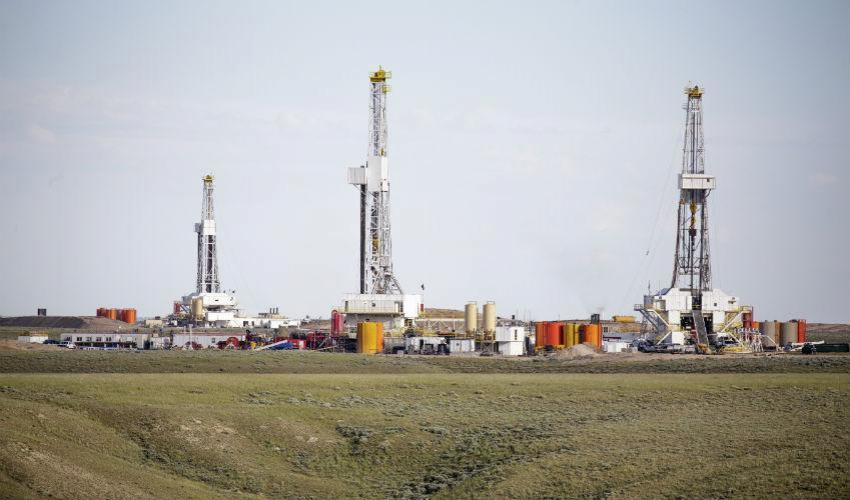Press Room
Press release |
15/06/2016

How Fracking Caused the US to Steer to the Right
A NEW STUDY BY VIKTAR FEDASEYEU (BOCCONI UNI.) AND COLLEAGUES SHOWS THAT SHALE ENERGY BOOMS TRANSLATED INTO A SHIFT IN ELECTORAL SUPPORT FROM DEMOCRATS TO REPUBLICANS, WITH CONSEQUENCES ALSO FOR APPARENTLY UNRELATED ISSUES
Even though a controversial practice, fracking in the US turned out to be a boon not only for land-owners and oil and gas companies, but also for the Republican Party, Viktar Fedaseyeu (Bocconi University’s Department of Finance), Erik Gilje (University of Pennsylvania) and Philip Strahan (Boston College) show in Voter Preferences and Political Change: Evidence From Shale Booms - available on SSRN: http://ssrn.com/abstract=2698157.
As an example of the extent of the financial impact of fracking, the authors report that in Louisiana the right to exploit one square mile of shale is bought up by oil and gas companies from land-owners for a $20mln upfront payment, plus a 25% royalty. The total investment to start exploitation of a square mile of shale formation is up to $128mln, and part of this capital represents economic investment in the local communities. Thus, shale development fully qualifies as a wealth shock.
As predicted by literature and observed by the authors, who analyze elections from 1996 to 2012, this shock translated into a large shift from a Democratic to a Republican vote in the areas affected by shale booms. “There are two main reasons why shale booms can affect political preferences,” prof. Fedaseyeu summarizes. “First, people who become rich because of the shale boom don’t want the environmental regulations that could prevent fracking and, in the US, the Democratic party is traditionally pro-environment, while the Republican party is not. Second, when a wealth shock occurs, we observe a shift in preferences for redistribution: richer people are less likely to receive government transfers and therefore prefer conservative, anti-taxes policies.”
The magnitude of the documented effect, however, came as a surprise. In areas that experienced shale booms, the share of votes received by the Republican party increased by 3.2%. This was enough to raise the probability of a Democrat incumbent being ousted from 16% to 39%. There was no effect for Republican incumbents, who maintained the 16% probability of losing incumbency.
The authors further analyzed the voting patterns of representatives that ousted an incumbent and found that they were consistently more conservative on all issues, including civil rights, labor regulations and other issues apparently unrelated to environment and taxes, in what they call a spillover effect.
“Our contribution also helps understand the conditions of what economists call the ‘resource curse’,” Fedaseyeu explains. “While in many developing countries the presence of natural resources translates into the entrenchment of government officials and politicians that stay in power longer, in the US shale booms seem to change political outcomes in a way that, for Democrats at least, undermines their incumbency advantage. Our speculation is that the main reason behind these differences is who controls natural resources. This control is in the hands of the government in most developing countries, while in the US it is in the hands of private persons.”
Fabio Todesco
E-mailfabio.todesco@unibocconi.it
https://www.press.unibocconi.eu
Barbara Orlando
Head of Press Office
Universita' Bocconi
Phone +39-02.5836.2330
Mobile +39-335.123.1716
E-mailbarbara.orlando@unibocconi.it
https://www.press.unibocconi.eu
Head of Press Office
Universita' Bocconi
Phone +39-02.5836.2330
Mobile +39-335.123.1716







